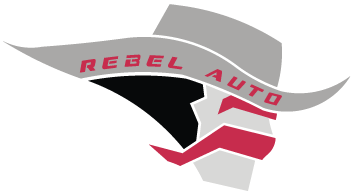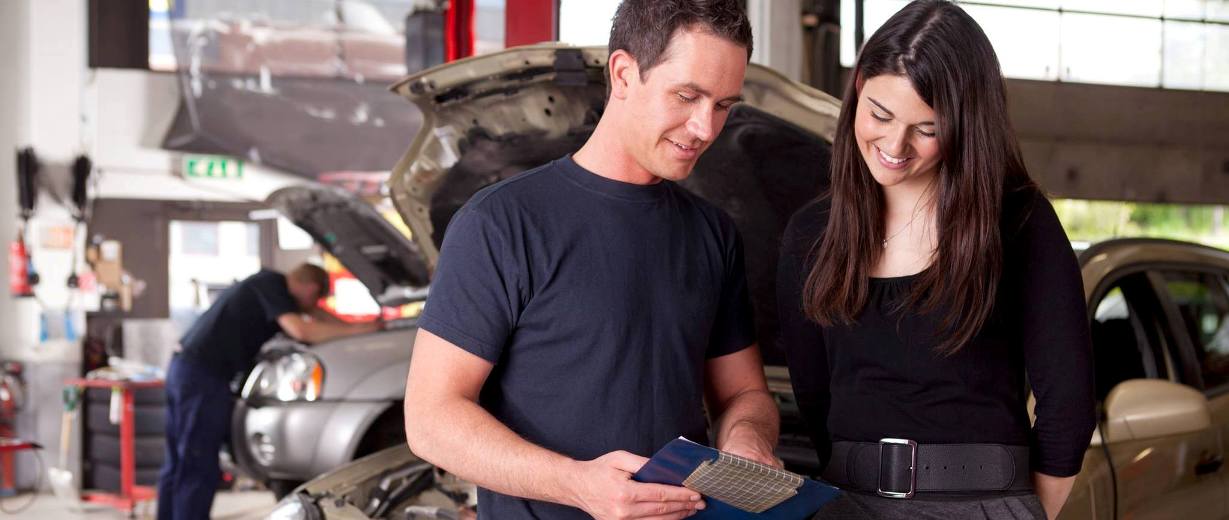If you have scheduled brake service for your vehicle on a regular basis, it is unlikely you will experience emergency brake failure. Unfortunately, even with routine service, brakes can wear out and fail, losing their ability to perform.
By knowing the issues that cause brakes to fail will help you understand how to take care of them. Here are some of the more common causes of brake problems:
- Loss Of Brake Fluid Pressure -- If there is any type of leak in the brake line, caliper or wheel cylinder, there could be insufficient pressure in the brake line for the brakes to work properly.
- Loss of Air Pressure -- If the brake pedal goes all the way to the floor when it is depressed, it means the air pressure in the brake line could be the problem.
- Rusty Brake Line -- A rusty steel brake line is something that can be found in older vehicles, especially if they have been exposed to years of moisture as well as salt on the roads. Once the line rusts, brake fluid can begin to leak.
- The leak in ABS Modulator -- If rust or dirt gets into the brake’s ABS modulator, it makes it difficult for its spring-loaded valve to close properly.
- Power Brake Booster -- If the power brake booster is faulty, the brake pedal will have to be pressed all the way to the floor to stop the car.
- Water In Brake Fluid -- When brake fluid reaches a high temperature, water will vaporize into steam and the braking motion will not be transmitted to the vehicle’s wheels.
If any of the above problems exist in your braking system, you may start to notice some of the signs below.
- Brake light on the dash comes on and stays on.
- Squealing, grinding, or scraping noises.
- Vibrations or wobbling felt in the brake pedal.
- Fluid leaking from the brake line.
- Spongy or soft brake pedal.
- A car pulls to one side when braking.
- Burning smell.
- The car bounces up and down when coming to a hard stop
Want to know more about how to improve braking performance? Contact our ASE-certified technicians at Rebel Automotive for more information about brake service and brake repair and to schedule an appointment. Our auto shop serves vehicle owners in Henderson, NV, Las Vegas, NV, and North Las Vegas, NV.
If you are wondering how to improve the braking performance of your vehicle, call the brake repair expert at Rebel Automotive to schedule brake service now.
If you have scheduled brake service for your vehicle on a regular basis, it is unlikely you will experience emergency brake failure. Unfortunately, even with routine service, brakes can wear out and fail, losing their ability to perform.
By knowing the issues that cause brakes to fail will help you understand how to take care of them. Here are some of the more common causes of brake problems:
- Loss Of Brake Fluid Pressure -- If there is any type of leak in the brake line, caliper or wheel cylinder, there could be insufficient pressure in the brake line for the brakes to work properly.
- Loss of Air Pressure -- If the brake pedal goes all the way to the floor when it is depressed, it means the air pressure in the brake line could be the problem.
- Rusty Brake Line -- A rusty steel brake line is something that can be found in older vehicles, especially if they have been exposed to years of moisture as well as salt on the roads. Once the line rusts, brake fluid can begin to leak.
- The leak in ABS Modulator -- If rust or dirt gets into the brake’s ABS modulator, it makes it difficult for its spring-loaded valve to close properly.
- Power Brake Booster -- If the power brake booster is faulty, the brake pedal will have to be pressed all the way to the floor to stop the car.
- Water In Brake Fluid -- When brake fluid reaches a high temperature, water will vaporize into steam and the braking motion will not be transmitted to the vehicle’s wheels.
If any of the above problems exist in your braking system, you may start to notice some of the signs below.
- Brake light on the dash comes on and stays on.
- Squealing, grinding, or scraping noises.
- Vibrations or wobbling felt in the brake pedal.
- Fluid leaking from the brake line.
- Spongy or soft brake pedal.
- A car pulls to one side when braking.
- Burning smell.
- The car bounces up and down when coming to a hard stop
Want to know more about how to improve braking performance? Contact our ASE-certified technicians at Rebel Automotive for more information about brake service and brake repair and to schedule an appointment. Our auto shop serves vehicle owners in Henderson, NV, Las Vegas, NV, and North Las Vegas, NV.


